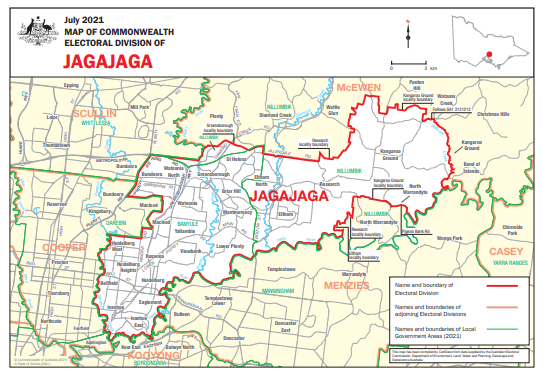|
|
|
|
| Adam Carr's Election Archive
|
Australian federal election, 2022
Division of Jagajaga, Victoria
Named for: Three supposed Indigenous elders whose names appear on
John Batman's 1835 "treaty" purporting to purchase the site of Melbourne
North-eastern Melbourne: Eltham, Heidelberg, Ivanhoe, Montmorency, Research
State seats: All of
Ivanhoe, parts of
Bundoora,
Eildon and
Eltham
Local government areas: All of
Banyule, parts of
Nillumbik
Borders with:
Cooper,
Kooyong,
McEwen,
Menzies and
Scullin
Enrolment at 2019 election: 107,575
Enrolment at 2022 election: 113,239 (+05.3)
1999 republic referendum: Yes 56.8
2018 same-sex marriage survey: Yes 73.5
Sitting member: Kate Thwaites (Labor):
Elected 2019
2007 Labor majority over Liberal: 9.0%
2010 Labor majority over Liberal: 11.5%
2013 Labor majority over Liberal: 3.1%
2016 Labor majority over Liberal: 4.7%
2019 Labor majority over Liberal: 6.6%
2019 national Labor majority over Liberal: 5.9%
Liberal two-party vote 1983-2019
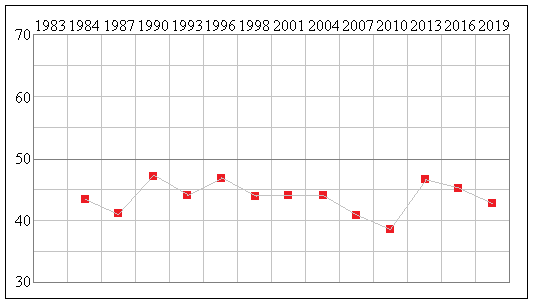
Status: Marginal Labor
Best Labor booths, two-party vote: Olympic Village (80.8), Heidelberg West (72.1), Bellfield (67.7),
Waiora (67.2), Ivanhoe (66.3)
Best Liberal booths, two-party vote: Kangaroo Ground (58.4), St Helena (55.7), Ivanhoe East (51.8),
Glendale (50.5), Research (50.2)
2019 results
Statistics and history
Candidates in ballot-paper order:
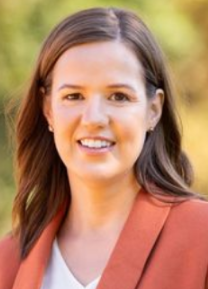 |
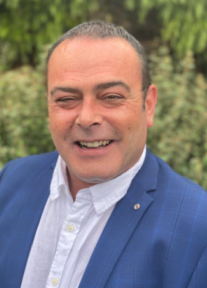 |
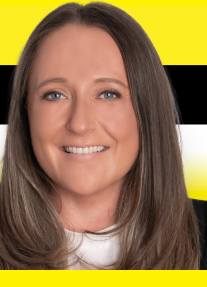 |
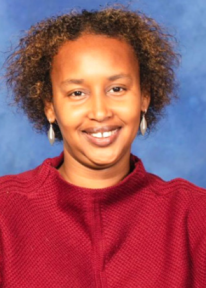 |
1. Kate Thwaites
Australian Labor Party |
2. Brendan Palmarini
Australian Federation Party |
3. Allison Zelinka
United Australia Party |
4. Zahra Mustaf
Independent |
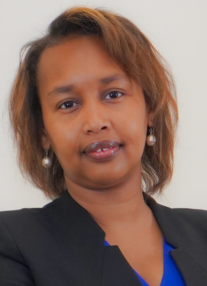 |
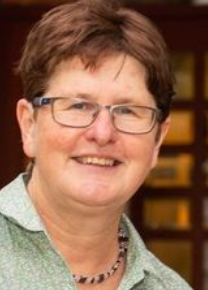 |
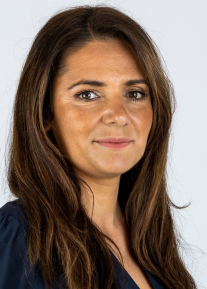 |
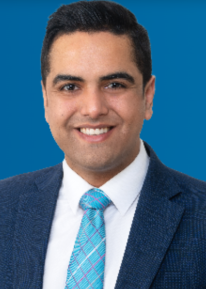 |
5. Maya Tesa
Liberal Democrats |
6. Liz Chase
Australian Greens |
7. John Booker
Pauline Hanson's One Nation |
8. Sahil Tomar
Liberal Party |
Candidate websites:
Liz Chase
Zahra Mustaf
Brendan Palmarini
Maya Tesa
Kate Thwaites
Sahil Tomar
Allison Zelinka
Division of Jagajaga
Jagajaga was created in 1984, as the western and more working-class half of the old seat of
Diamond Valley,
which was one of the most hotly-contested marginal seats of the 1970s. Overall, Jagajaga has a relatively
high level of median family income, but this conceals social disparities greater than in most electorates. The
seat contains both wealthy areas around Ivanhoe and Eaglemont, and some very low-income and deprived areas in
Heidelberg. For an urban Labor-held seat, it has a fairly low proportion of non English speaking households
and a high proportion of people in professional and managerial occupations.
Jagajaga has always been a Labor seat, although the Liberals came close to winning it in 1990.
Peter Staples,
who had previously been member for Diamond Valley, held it from 1984 to 1996, and was a minister in the Hawke-Keating
Government. He retired in 1996.
Jenny Macklin, who won the seat in 1996, was continuously on the Labor front bench from her election, mostly in
social policy areas. She was Deputy Labor Leader from 2001 to 2006 and was a senior minister throughout the Rudd-Gillard
Government. She retired at the 2019 election.
Kate Thwaites, Labor MP for Jagajaga since 2019, was a senior staffer to Macklin, and more recently Director of
Strategic Communications, Media and Public Policy at the Victorian Department of Health and Human Services.
The 2021 redistribution has removed the Diamond Creek and Plenty area from Jagajaga and replaced it with
Eltham, Kangaroo Ground and Research. This has made no difference to the Labor majority. The Liberal candidate is
Sahil Tomar, a manager with the Bank of Melbourne. The Greens candidate is Liz Chase,
whose occupation is not stated.
Demographics:
Median weekly household income: $1,757 (Australia $1,438)
People over 65: 16.5% (Australia 15.8%)
Australian born: 73.4% (Australia 66.7%)
Ancestry: Italian 6.6%
Non-English-speaking households: 22.3% (Australia 22.2%)
Catholics 25.6% (Australia 22.6%)
No religion 37.0% (Australia 29.6%)
University graduates: 32.7% (Australia 22.0%)
Professional and managerial employment: 45.0% (Australia 35.2%)
Employed in manufacturing and construction: 22.8% (Australia 22.9%)
Paying a mortgage: 37.1% (Australia 34.5%)
Renting: 22.6% (Australia 30.9%)
Traditional families: 37.8% (Australia 32.8%)
Back to main page
|
|

